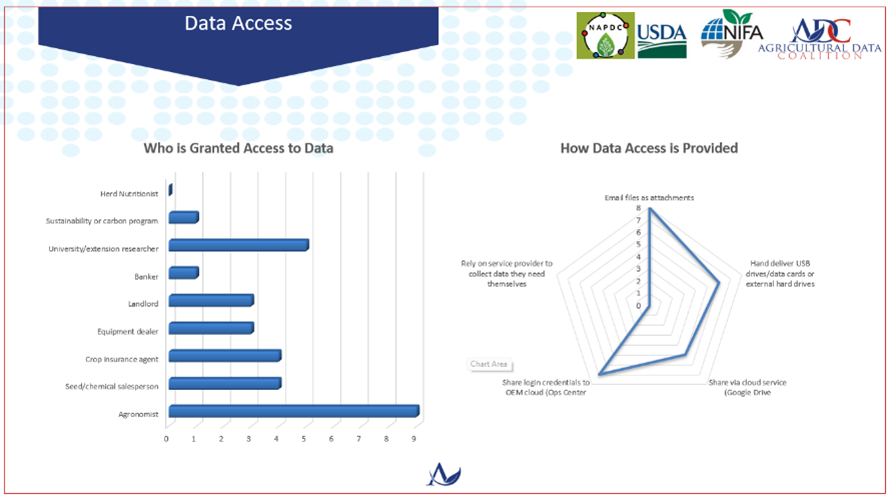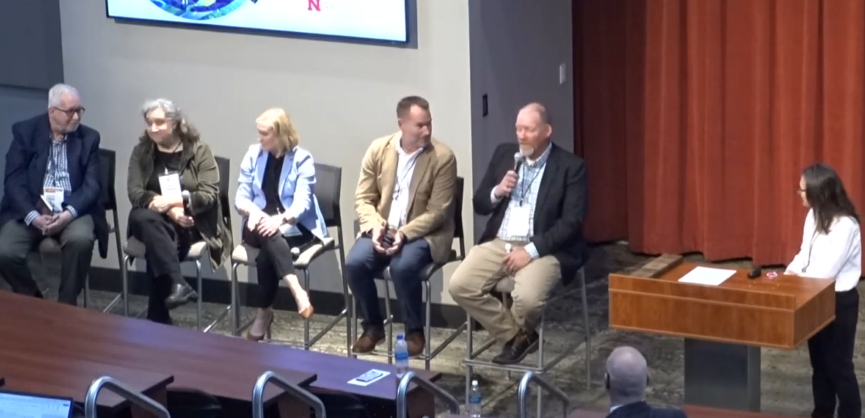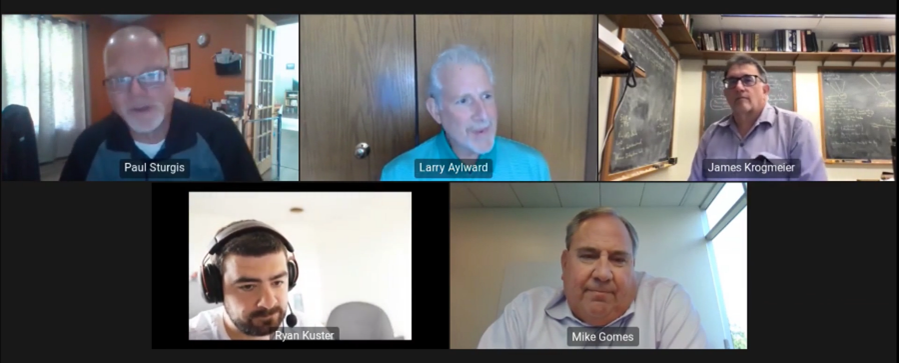The ADC was busy in 2023, kicking off the second phase of the NAPDC (agdatacoop.org) grant program. In the first phase of the program (a sub award under USDA AFRI Grant 2021-77039-35992), we conducted a survey earlier in 2023 in addition to interviews with several different people in the industry to confirm perceptions, requirements, and gain insight into the future of ag data management (summary report available here). The survey had limited responses but the information on what technology farmers use and how they are collecting, storing, and providing access to data was informative to see how data is generated and moved around the industry. The one-on-one interviews with ag service providers, retailers, researchers, and farmers unearthed some interesting points that showed a gap still exists in the industry when it comes to efficiently managing data in line with privacy and security best practices. Also, with the growing interest in climate smart commodities and greenhouse gas (GHG) programs, it is clear the burden of managing data and reporting details on farming practices will only increase for row crops, livestock, dairy, or specialty crops. Both voluntary reporting to document production practices for a premium on a crop or regulatory mandated reporting are becoming more prevalent. That means having easily accessible and accurate records for farm operations will be crucial.

From the survey it was clear some tool is needed to house this data, preferably on behalf of the farmer. Many service providers are already using five or more tools to make recommendations and manage data internally. And once data is read into those tools getting it back out, especially in its original form, is difficult at best. Having a place to keep those original files as they came off the machine is becoming more and more important. Having that repository so the farmer can go back and get 5, 10, or in some cases 20 years of production history may be required in the not-too-distant future to document a practice change or validate what has been done in a field to be eligible to export to different regions.
In June many members of the ADC board were in Lincoln Nebraska for the inaugural NAPDC Conference. Amy Winstead and Ben Craker helped kick the event off participating in a Heuermann Lecture and discussion on the next generation of farm reporting. This panel discussion was followed by a day and a half of panel discussions, presentations from the convening grant participants including the ADC as well as other updates and educational presentations. The conference ended with multiple break-out sessions focusing on the different areas under consideration by the NAPDC project for establishing a national framework. Several ADC board members contributed to sessions that culminated in a white paper on Stakeholder Input and Strategic Directions (preprint).

The ADC also took the opportunity to have our annual meeting while most of the board members were in Lincoln. This in-person meeting was the first in a few years and was great to see almost everyone again. In addition to the normal business, we also held elections where Dr. Bruce Erickson, Dr Ajay Sharda, Dr. Scott Shearer, Dr. Diran Fasina, and Ben Craker were all re-elected to the board.
The ADC wrapped up the phase one NAPDC convening grant hosting a webinar with Crop Life on the realities of ag data featuring a panel discussion covering the perspective of a university researcher, a manufacturer, an ag service provider and a farmer. It followed on the work of the survey and interviews with a few audience poll questions. The panel provided their perspectives and thoughts on the questions and audience responses. They focused on sharing practical answers to effectively derive value from the data collected from a farm operation. The webinar was recorded so you can still register and watch it here.

Finally, toward the end of the year, the ADC kicked off a second NAPDC grant (a sub award under USDA AFRI Grant 2022-77039-38339) that focuses on enhancing the data repository. Since the original proof-of-concept was rolled out in 2015, few enhancements have been made to the platform. With this grant funding, the team has been working on revamping the user-interface (UI), streamlining and simplifying the account creation and management process as well as building in new features. These include an in-bound API to support research projects that are more hardware focused and generate a stream of data that would not go to an existing OEM cloud. This will provide research users with an automated method to capture and store data within their ADC repository. We are also planning to add capabilities for users to grant public access to data, giving farmers, researchers or other ADC accounts the ability to elect to provide data for the common good. As an example, university classrooms could have access to actual data to use in courses, helping to train the next generation of farmers and advisors. This feature would also be beneficial for startup companies needing to validate new digital tools under development. Finally, this new feature would provide a mechanism for researchers to publish the data used in their projects that doesn’t necessarily fit in existing publication systems but is important for peers to access to review study findings.
Perhaps the largest enhancement planned is to leverage industry standards like ADAPT to not only provide a way to permission access to files and folders, but also read all the data into a common structure to permission access at a more granular level. This will enable farmers participating in research projects to select only one field if multiple were covered in a work record. Additionally, this will allow a couple parameters like seeding rate or dry yield to be provided to a researcher instead of just giving all data logged by the machine. This new feature will not affect the original files; a copy will always be stored in the repository for future use that has not been altered by reading into a different data structure.
The development work is underway now, and we plan to roll out the first version of the updated repository in time to capture spring planting data for much of the Midwest. This will undoubtedly be a big year for the ADC with the repository enhancements and the confluence of other forces continuing to put pressure on farmers, researchers, and service providers to find a better solution to store and control access to all the data relevant to the farm’s operations.